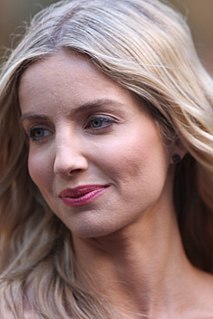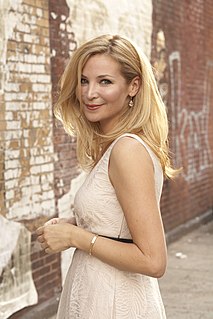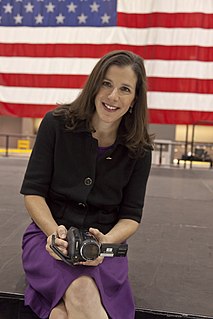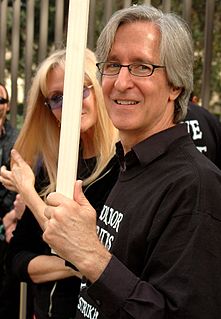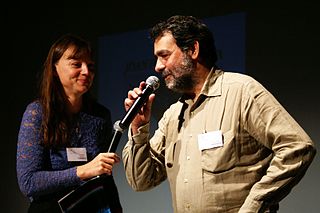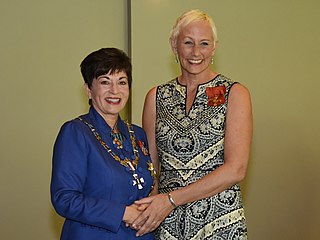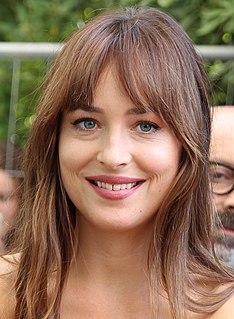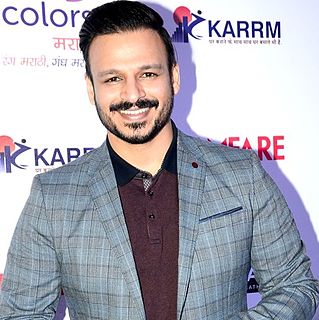A Quote by Annabelle Wallis
Most women I know are not actresses, but they work for the U.N. or are documentary filmmakers, anthropologists.
Quote Topics
Related Quotes
My hat's off to documentary filmmakers. I don't know if I'm ever going back to it. You're treated like a second-class citizen at most film festivals. You take the bus while everybody else is flown first-class. If you're a feature film director, you're put in a five-star hotel, and if you're a documentary director, you stay in a Motel 6.
While it is increasingly possible for filmmakers to find an audience on their own (something that is particularly popular amongst documentary filmmakers) I'm still a believer in the "specialist". By this I mean, I back myself as a filmmaker, but I leave the marketing and distribution of my films to the experts.
It seems like the world is so fast to move its interest to someone else. When I think about filmmakers and actresses that I have admired my whole life, I've admired their entire body of work. I have admired what they began with and what they're doing now. And now I feel like there's such a weird pressure to find the new face. I don't get it at all. I want to see women evolve. I want to see a body of work. I want to see all of it.
I've been encouraging documentary filmmakers to use more and more humor, and they're loath to do that because they think if it's a documentary it has to be deadly serious - it has to be like medicine that you're supposed to take. And I think it's what keeps the mass audience from going to documentaries.
